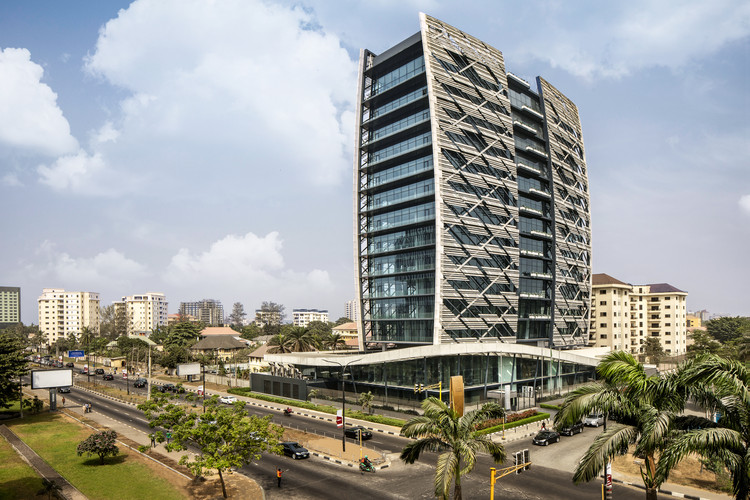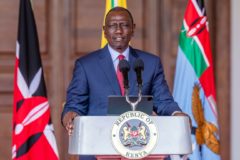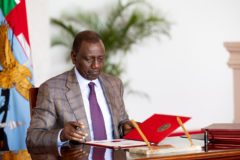Nigeria’s senate has raised the Ways and Means provision from 5% to 15% prompting important questions about rising debt and inflation.
Two days before the start of Bola Tinubu’s Presidency, members of the Nigerian senate held an emergency meeting to amend the Central Bank of Nigeria (CBN) Act. Presided over by the Senate President Ahmad Lawan, the Senate raised the Federal Government’s threshold for borrowing money from the CBN. The government borrows from the Central Bank through Ways and Means advances. For years, ways and means loans are capped at 5% of the government’s revenue from the previous year. The Senate amendment has now raised that limit to 15% despite the fact that President Buhari’s administration borrowed a record N22.7 trillion from the Central Bank.
Section 38 of the CBN act says that whatever advance the CBN gives to the Federal Government must be repaid at the end of the financial year in which they are granted. But the Buhari’s adminstration’s excessive borrowing meant this was often impossible. In the end, the Senate also approved a request to restructure the N22.7 trillion loans as bonds.
Money printing worsens inflationary pressures
Ways and means advances are often referred to as “money printing.” While the Central bank doesn’t literally print the money it loans the government, the manner in which it funds the country’s budget deficits increases money supply. This increase in money supply without a corresponding increase in outputs often triggers or worsens inflation. A 2022 report by the World Bank and the European Intelligence Unit (EIU) pointed out that, “The CBN has continued to print money for the Federal Government…continued printing of money at the same time as tightening policy would prevent effective control of the price level.”
Sheriffdeen Tella, a professor of Economics, makes a similar argument. According to him, “The amendment of ways and means is bad for the economy. Ways and means financing is inflationary. It allows the government to be carefree with borrowing for consumption.”
Ugochukwu Obi-Chukwu, the Founder of the publication, Nairametrics, believes the increase in Ways and Means advances is worrisome. “Currently, Ways and Means is N22 trillion, if we are to start to payback, we are looking at N2.2 trillion annually on Ways and Means alone. There is also public debt to be serviced. In terms of fiscal revenues, it is bad.”
The Central Bank will remain in the limelight
Godwin Emefiele’s time as Central Bank governor has been complicated. Despite starting out with promise, he’ll be remembered for a failure to rein in inflation, which stands at 22% today, poor FX policies, and reducing transparency at the Central Bank. Notably, Emefiele has contributed to a massive increase in government’s borrowing, allowing ways and means advances to often cross the 5% threshold. Those advances were also left unsettled at the end of the financial year as prescribed by the constitution.
When Emefiele leaves office later in June, there’s no doubt that the Central Bank will continue to play an outsized role; he has set the precedent. Under Emefiele, the CBN funded agricultural schemes like Anchor Borrowers Program (ABP). It also dabbled into the manufacturing and energy sectors, extending a total of $9bn in loans to these sectors.
As the Tinubu government gets down to work and to the critical question of how to fund budget deficits—which will remain high even when subsidy payments end—it will know that it can lean on the Central Bank to print more money. Raising the ways and means threshold to 15% against a backdrop of a Central Bank that has not said no to the Federal Government in years may lead to more borrowing and even worse inflation.
What do you think about our stories? Tell us how you feel by taking this quick 3-minute survey.






















